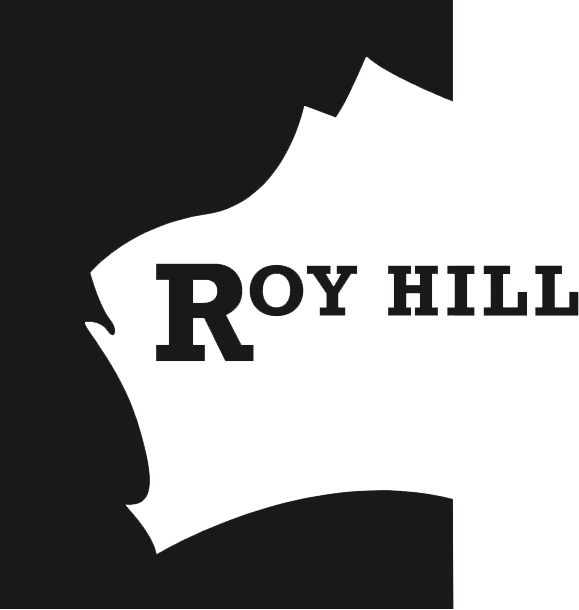News
BHP’S LABOUR LAW IRE


Article by Gerard Cockburn courtesy of the West Australian.
Mining giant claims minister changing ‘too complex’ Bill on the run
BHP has continued its attack on Labor’s latest round of “same job, same pay” law reforms, arguing they are extraordinarily complex, as the mining giant takes a swipe at Industrial Relations Minister Tony Burke.
The miner’s vice-president of government relations Nick Park, speaking in Rockhampton on Tuesday at a Senate inquiry into the Closing Loopholes Bill, argued the changes threatened the stability of commodities such as coal and iron ore.
Mr Park also took aim at Mr Burke, who recently claimed amendments were still being made to the Bill, particularly
“The cost of mining operations in Australia has increased acutely in the past two decades. Labour costs have doubled since 2000, despite labour productivity remaining flat, and Australian mining labour costs are the third highest in the world,” he said.
The Government’s Closing Loopholes reforms are designed to stamp out the use of labour hire to undercut wages and includes changes to the definition of casual employment.
BHP has warned that if the Bill passes in its current form that the cost associated to its operations would be about $1.3 billion and subsequently impact the number of jobs on offer at the company.
The mining giant’s Operations Services has been a focal point of the inquiry, with accusations it has used an internal labour hire company to pay workers less money for mining work in Queensland and WA.
Mr Park rejected the claims, saying those workers were permanent employees of BHP and were high-paying jobs compared to any other industry.
“They have a BHP email address, they have a full-time wage, they have access to sick leave, they have annual leave, they have access to BHP’s share plan,” Mr Park said.
“I don’t know how any of those things can make someone labour hire.”
Qantas also appeared at the inquiry on Tuesday, with the airline arguing the laws would have serious consequences for stable employment in the aviation sector.
“Viewed on its own — and in conjunction with the last year’s industrial relations changes — the same job, same pay reforms could, depending on decisions left to Fair Work, significantly increase costs with no corresponding increase to productivity,” Qantas’ acting industrial relations executive Nathan Safe said.
“That could, in turn, compromise the viability of services, undermine job security and create market distortions by way of an unlevel playing field in circumstances where competitors will not be captured by the proposed reforms.
02.11.2023
Latest news
- Records tumble at Telethon
- Hancock Prospecting Telethon Donation
- Kyle Chalmers on Telethon
- Gina cooks up plan to make nation’s best pies
- 2024 Prime Minister’s National Veteran Employment Awards Finalists
Group executive news
- Front-row seat to victory
- Long-awaited McPhee mine gets green light
- Rinehart’s Hancock Prospecting secures permit for McPhee iron ore mine
- Labor ‘digging us into a hole’: $131bn resources project pipeline ‘at risk’
- Projects worth $131b at risk from Labor reforms, warns Australian Resources and Energy Employer Association
